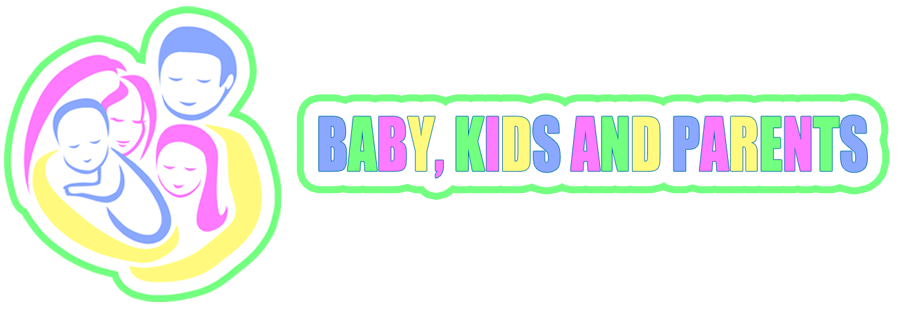
Postpartum depression is a phenomenon that is widely spread. But what if the depression occurs before birth? A recent research, conducted in the UK, presented the data that are somewhat surprising, and that is that pregnant women suffer from depression much more than anticipated. Even according to the final results, more women meet with depression before the birth than after it.
When to suspect on depression?
Constantly increasing levels of the hormone as if plays with feelings of pregnant women, which results with a very bad mood. Sudden and caused by nothing mood swings in pregnant women can be very common side effects that pregnancy brings, and should not be understood seriously than nausea or stretch marks. However, if the depression starts to be a problem that is difficult to deal with it, then you should not hesitate to seek help from a doctor.
What we first need to have in mind and what may seem comforting is the fact that you're not alone. Depression affects many people! An encouraging fact is that it can be treated and that the majority of women, which in time confront with their problem and looking for help, after treatment feels much better.
Depression in pregnancy is not much different from ordinary depression and its most common symptoms are: indisposition, anxiety, constant feeling of sadness, and loss of self-esteem, feeling guilt, irritability, insomnia, loss of concentration, the desire of constantly nibble on something or complete loss of appetite, fatigue, pessimism.
What affects the occurrence of depression?
There are numerous factors that contribute to depression. Fatigue and hormones associated with other physical problems that occur during pregnancy can make you susceptible to depression. Common ailments, such as maternity nausea, make you feel bad, and it can be worse if you have trouble getting pregnant, or you previously had miscarriage.
An unplanned pregnancy can also be the cause of emotional problems. Although you feel the excitement, maybe you are a little confused, angry and unsure as to whether you are ready to become a mother. Many pregnant women feel lonely and isolated, and that can also spur depression. The situation is getting worse especially if a partner does not provide adequate support, or is a single mother. Big changes in life such as moving in a new house, broken relationship, financial problems or a change of job, can make you feel bad. All these problems are unpleasant, and with a baby on the way takes on even greater importance.
Does depression affect the baby?
It is natural to worry about your baby. Does your poor mental state adversely affect the baby? You can feel relieved, because this is unlikely. However, maternity depression is associated with the birth of baby with small body weight. Depression alone does not affect the baby, but the danger is actually that the future mother usually begins to neglecting a healthy lifestyle, which results in poor nutrition, smoking, alcohol consumption and the use of pills. This is what adversely affects the baby!
Research shows that some pregnant women that suffer from depression is more likely to be depressed after the baby is born. However, timely recognition of the problem and work on its solution can help to prevent depression after childbirth. Therefore it is very important to contact your doctor for help if you feel that you are so depressed that you find it difficult to cope with it.
The risk of depression in pregnancy
Children whose mothers during pregnancy suffered from depression, in one third of cases are developing more slowly than their peers, according to a study by British scientists. Earlier studies have already shown that postpartum depression can have a similar effect. Scientists from the University of West England added that depression during pregnancy may increase the possibility of trouble with the behavior and cognitive (cognitive) abilities of children. The research results are, indeed, based on an analysis of data for 11,098 women and their children.
The methods that can help you
If you are down, try some of the suggested methods. Maybe it will make you feel better:
1. Talk about your feelings with someone
Do not close our eyes to the problem and pretend that you are fine. Talk to your friends, partner or some of your family members. A lot of relief can bring the knowledge that others are going through similar experiences.
2. Take care of yourself
Take time to please yourself and relax. If you try to finish all the chores before the baby comes into the world, will make you feel stressed, moody and exhausted - just as you should not be. Your baby, in any case, will not be required perfectly tidy house after coming up out of the hospital. It is even likely that the first six months the baby will sleep with you in the room.
3. Eat healthy food
The lack of some nutrients such as zinc, iron and vitamin B can cause fatigue, nausea and anxiety. Consult your doctor before you start taking vitamin supplements.
4. Practise
With Regular, moderate exercise during pregnancy are released more endorphins - natural ingredient that improves mood. Yoga for pregnant women, swimming and walking are good choices.

